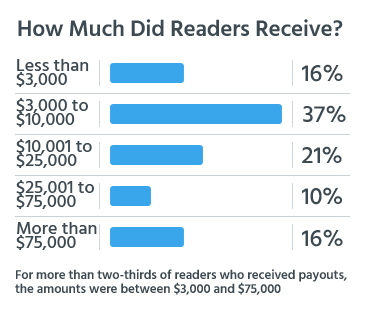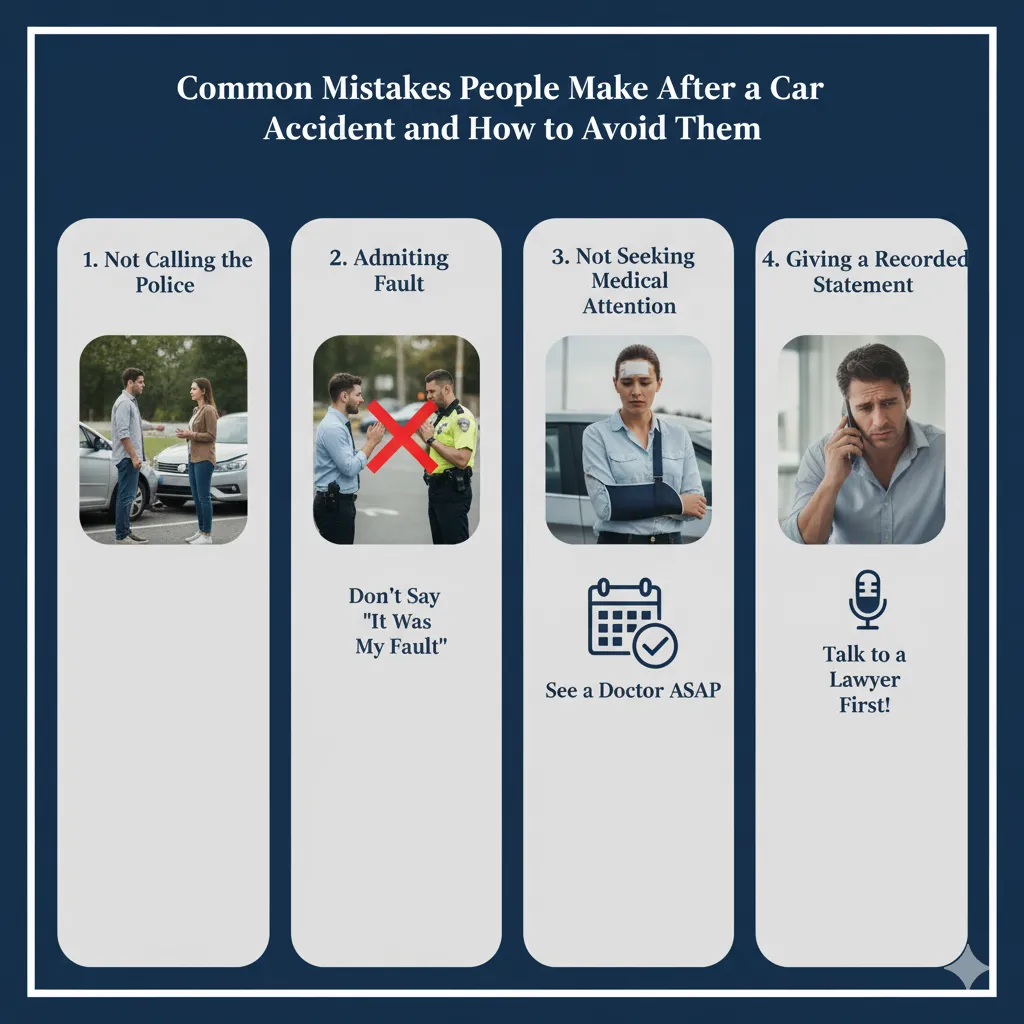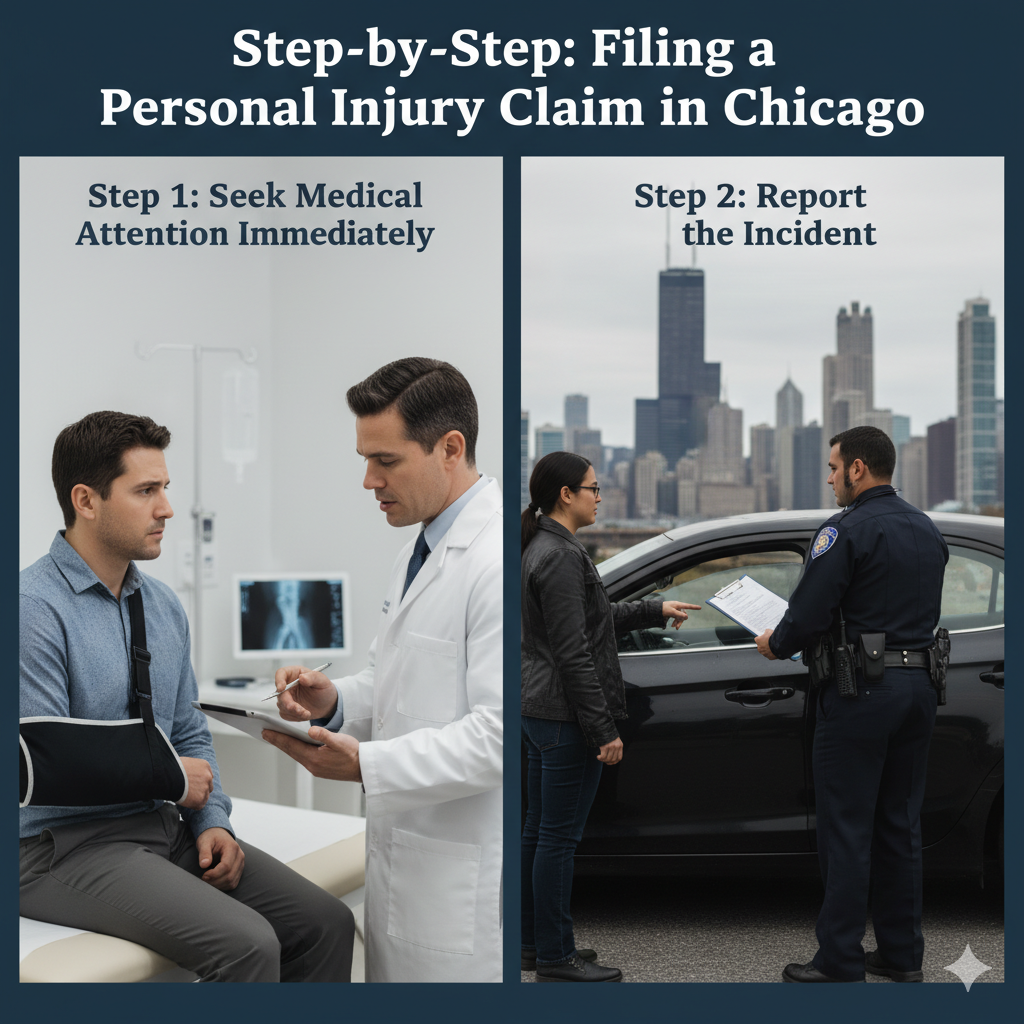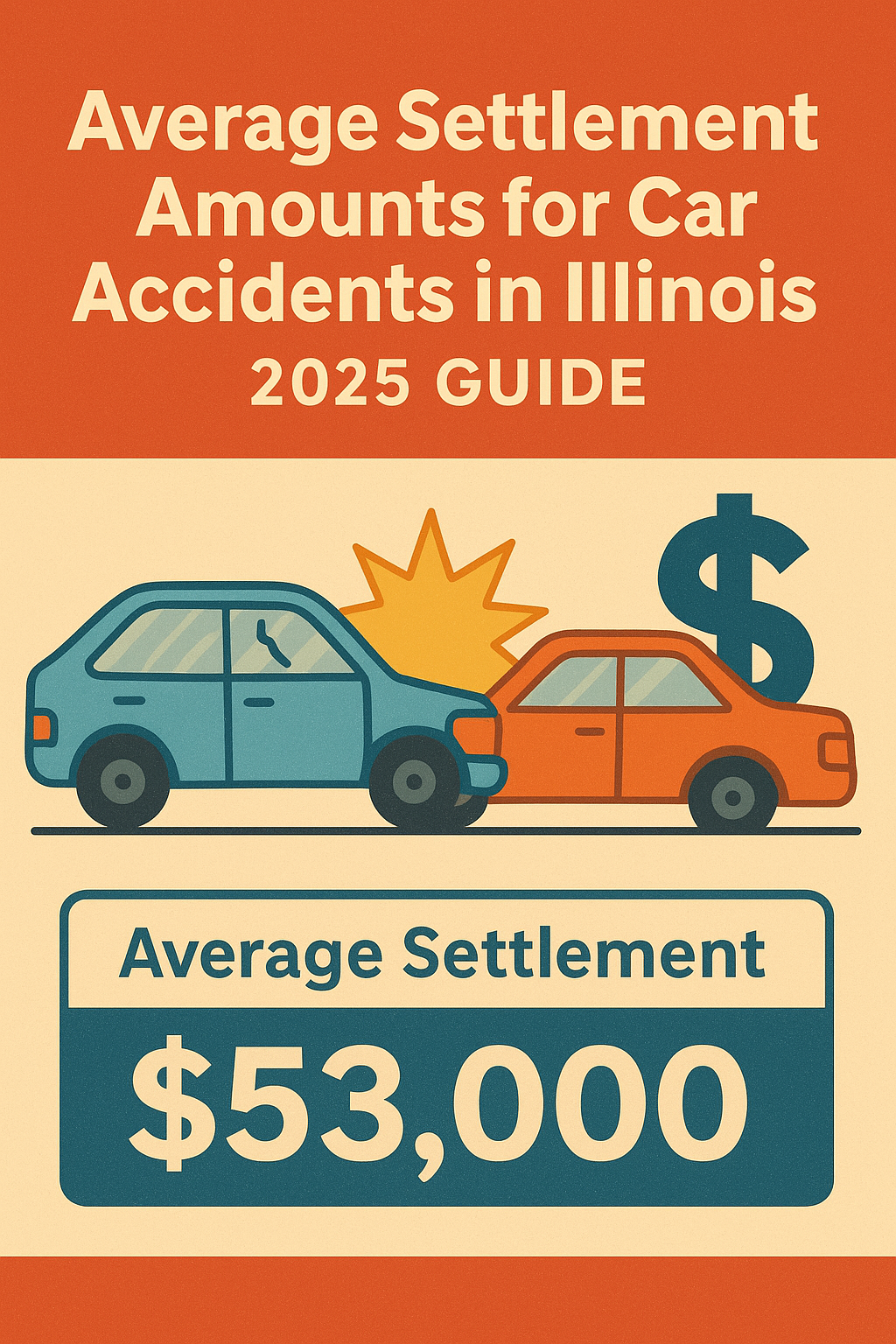You may be considering filing a personal injury claim following an injury sustained in a car accident, a slip and fall incident, or another event resulting from someone else’s negligence. If that is the case, you likely have numerous inquiries: What are my prospects for receiving adequate compensation for my medical expenses and other losses? Is it advisable to engage a lawyer, or can I manage the process independently? What steps can I take to enhance my likelihood of success? How long will the entire process take?
To assist in obtaining answers to these and other significant questions, we conducted a survey among our readers throughout the United States, inquiring about their experiences with personal injury claims. Additionally, we examined the personal injury claim process more broadly, incorporating data from thousands of federal court cases.
Here is what we discovered.
Settlement: The Most Frequent Outcome in Personal Injury Claims
The majority of readers with a personal injury claim in our 2017 survey received a payout. Approximately two-thirds of all respondents (67%) obtained compensation through a settlement.
Only a small percentage (4%) had their case proceed to trial, which is typical for personal injury cases. Data compiled by Westlaw Edge’s Litigation Analytics (a division of Thomson Reuters) indicates that fewer than 1% of personal injury cases filed in federal court from 2019 to 2023 reached a jury verdict.
Trials can be lengthy, costly, and pose risks for all parties involved. This is why insurance adjusters, along with the attorneys representing injured individuals, are generally inclined to achieve a personal injury settlement. Negotiations can (and often do) persist even after a lawsuit has been initiated.
State vs. Federal Court
The majority of personal injury cases are initiated in state courts. Personal injury cases that are escalated to federal court typically involve damages exceeding $75,000. For an overview of civil bench and jury trials in state courts in 2005, refer to the U.S. Department of Justice’s Civil Justice Survey of State Courts.
What Is the Typical Compensation in Personal Injury Cases?
According to our 2017 survey, over half of the respondents received compensation amounts between $3,000 and $25,000. Additionally, 26% of participants reported receiving more than $25,000, resulting in an overall average compensation of $52,900. (It is important to note that the individuals surveyed were seeking information about claims and legal representation on our websites. It is possible that those with the most significant injuries, which typically result in higher settlements or awards, secured legal counsel immediately and did not take part in our survey.)
Federal lawsuit outcomes provide further insight into compensation in personal injury cases. An analysis by Westlaw Edge of 745 federal personal injury cases from 2013 to 2022 that concluded with a settlement or award revealed that the median settlement amount was $75,000. However, it is crucial to understand that this figure does not imply that federal personal injury plaintiffs generally receive such compensation. In fact, over 40% of the 745 cases resulted in federal personal injury plaintiffs receiving $5,000 or less.
It is also essential to recognize the distinction between federal and state courts, as the majority of personal injury cases are processed in state courts. Furthermore, the most significant factors influencing your compensation are your individual circumstances, particularly the severity of your injuries, rather than the compensation amounts awarded in other cases.

What Influences the Results in Personal Injury Claims?
Insurance companies typically concentrate on several crucial elements when determining the value of an injury case. There are certain factors over which you have no control, such as:
Your injuries. Severe injuries lead to increased medical costs and considerable “pain and suffering” damages, which usually result in larger payouts.
The defendant’s insurance policy. If the defendant is insured, the insurance company will not propose a settlement exceeding the coverage amount provided by the policy (the policy limits).
Simultaneously, our survey findings indicate actions you can take that may enhance the chances of a favorable outcome and the level of compensation you could obtain:
engaging a lawyer,
negotiating a settlement (instead of merely accepting the initial offer), and
initiating a lawsuit—or even just threatening to do so.




